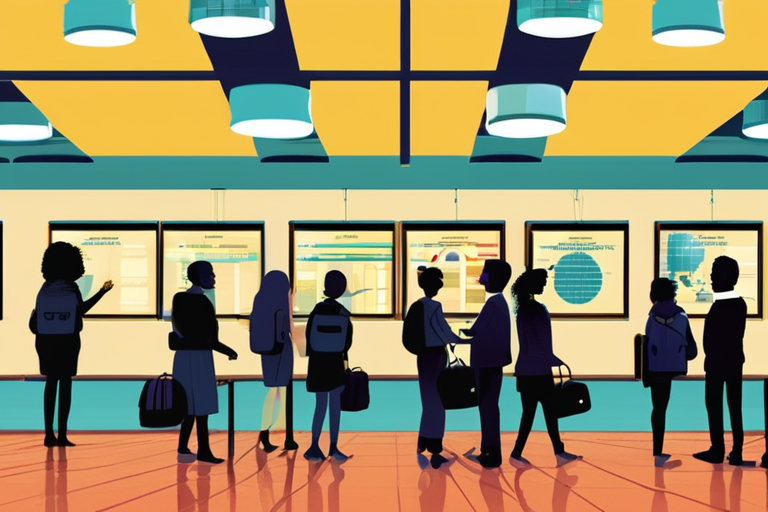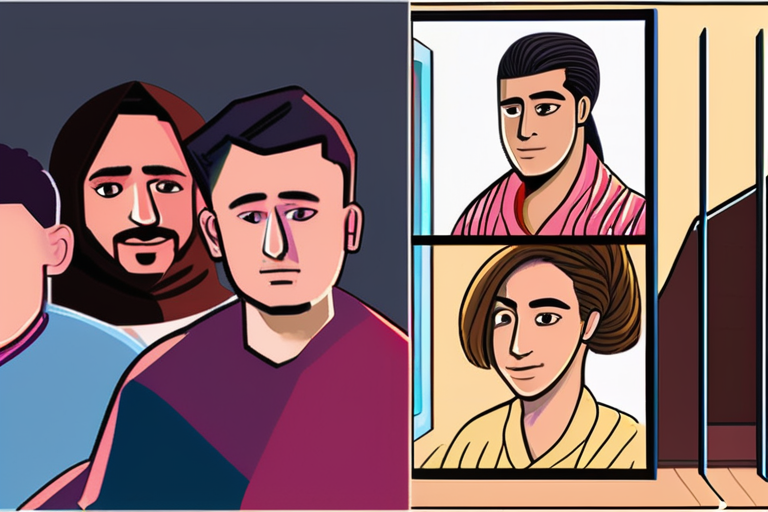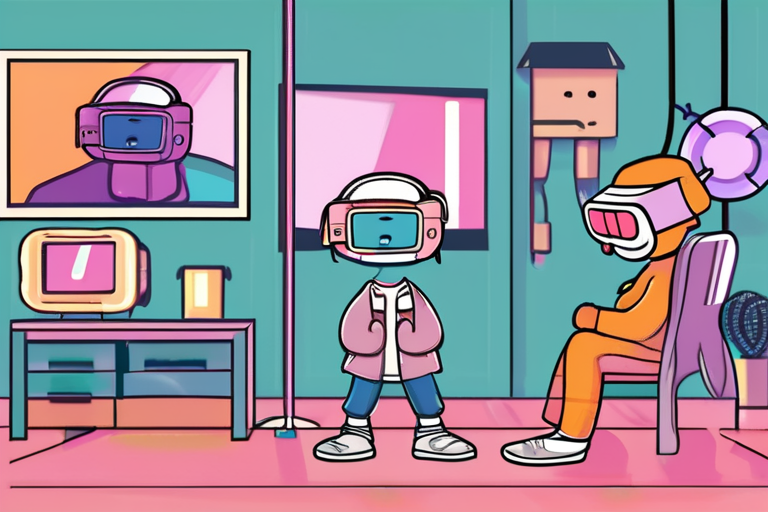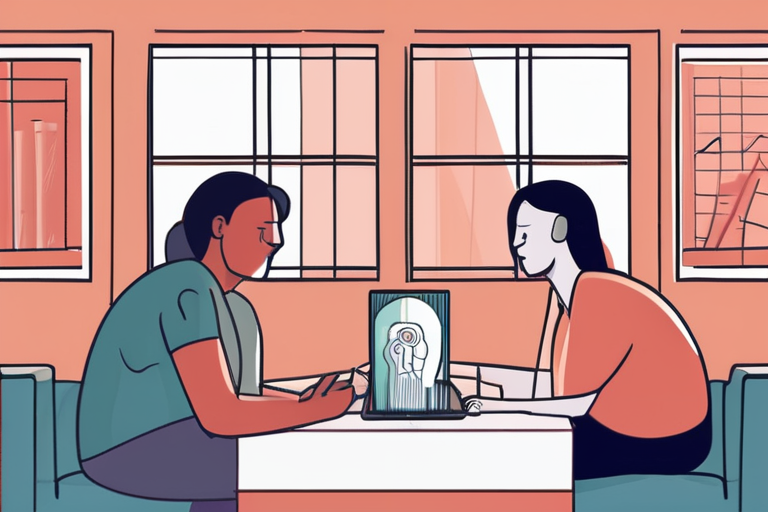The Department of Education's Bold Overhaul: 5 Ways Public Schools Are Changing Fast


Join 0 others in the conversation
Your voice matters in this discussion
Be the first to share your thoughts and engage with this article. Your perspective matters!
Discover articles from our community

 Hoppi
Hoppi

 Hoppi
Hoppi

 Hoppi
Hoppi

 Hoppi
Hoppi

 Hoppi
Hoppi

 Hoppi
Hoppi

Pakistani Court Indicts Man Over Killing of Teenage TikTok Influencer A Pakistani court has formally indicted a 22-year-old man accused …

Hoppi

Asia Morning Briefing: China's Car, America's Currency - Why Stablecoins Keep the Dollar in the Driver's Seat A recent development …

Hoppi

Meta Covered Up Potential Child Harms, Whistleblowers Claim Two former Meta safety researchers accused the social media giant of covering …

Hoppi

Therapy Will Not Make You Ready for a Relationship: Debunking Mental Health Myths A growing trend of online self-help influencers …

Hoppi

US Semiconductor Market in 2025: A Year of Turmoil and Transformation The US semiconductor industry has been at the forefront …

Hoppi

BREAKING: US Military Launches Airstrike on Venezuelan Boat Carrying Alleged Narcotics Cargo The US military has launched an airstrike on …

Hoppi